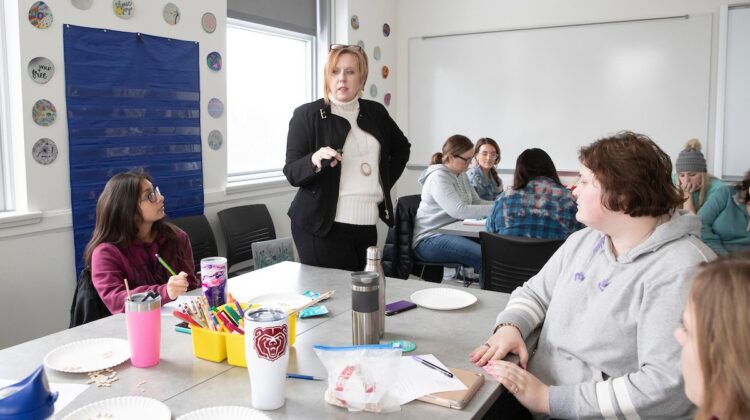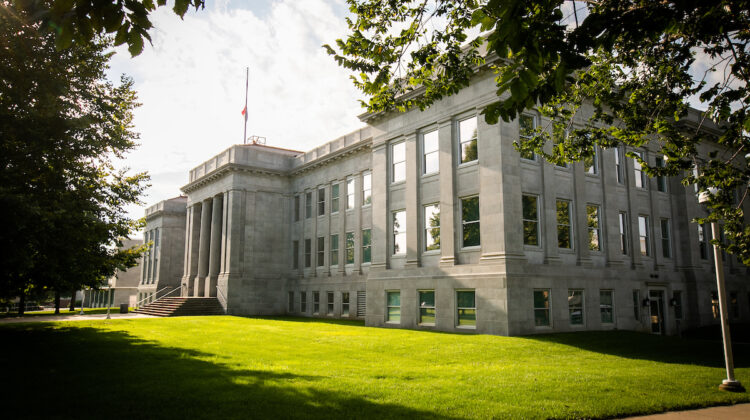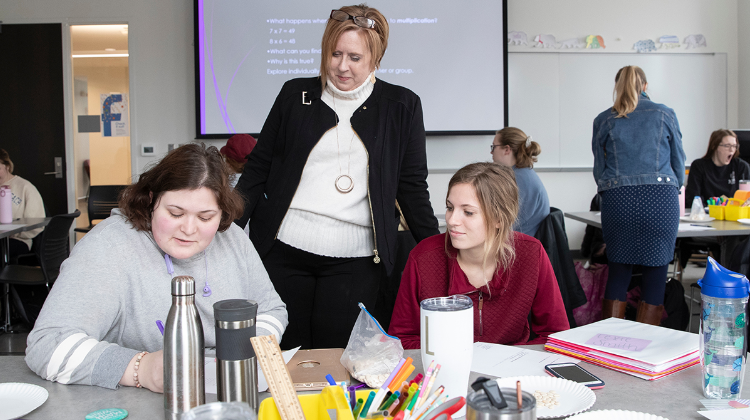Across the nation, teachers are leaving the profession. The pandemic and shifting political landscape have left teachers feeling overworked and undervalued.
According to a 2022 Gallup poll, K-12 teachers report the highest burnout rate of all U.S. professions. More than four out of every 10 teachers said they feel burned out “always” or “very often” at work.
Dr. Stefanie Livers, associate professor in the department of childhood education and family studies at Missouri State University, gives reasons for why teachers are fleeing and provides advice for current teachers and teacher educators.
The challenges
Teaching is historically undervalued, according to Livers. She said, “Teachers are underpaid, benefits are always unstable and the workload keeps increasing.”
The pandemic has increased the stress levels for teachers because they had to introduce virtual learning in their classes.
In addition to the systemic challenges of teaching, teachers face social and emotional challenges.
People often direct their frustrations about political, societal and curriculum issues onto teachers. Some even attack teachers on a personal level.
“If you’re under attack, it’s a hard place to be,” Livers said.
The teaching profession is becoming deprofessionalized. Schools are starting to require teachers to follow hyper-specific guidelines for teaching, limiting teacher autonomy.
Teachers go through rigorous programs to become experts in their field. To become teachers, candidates must apply to and get accepted into the program. Then they must complete programmatic coursework, student teach and pass numerous assessments.
Teachers need the ability to use their expertise to build their instructional practice based on the students’ needs, but deprofessionalization restricts that ability.
“We need to provide teachers with the professional courtesy to do their job with integrity,” Livers said.
The current climate of the teaching profession is problematic.
For the future of education, Livers said, “Something needs to change, and something needs to change quickly.”
For teachers seeking jobs, Livers recommends they look for supportive administrations that make their teachers feel valued.
Feeling valued at work leads to better mental and physical health, and higher job satisfaction, according to a survey from the American Psychology Association.
“Your administrator matters,” Livers said. “With the teacher shortage, teachers can be more intentional in their job search and look for schools with support systems for teachers.”
Update teacher preparation programs
Teacher educators need to adapt and evolve their teacher preparation programs to accommodate the current climate of the teaching profession.
If future teachers enjoy their time in the classroom from the start of their teaching program, they are more likely to feel satisfied and prepared for their profession.
Teachers may enjoy teaching more when their preparation includes active learning activities, like teaching small groups and providing one-on-one support to students.
Less time on campus and more time in schools could prove to be more meaningful for future teachers.
Missouri State has updated its teacher preparation programs to include more practical experience.
For example, the students who take the Methods of Teaching Social Studies in Elementary Schools course partake in a service-learning practicum. Throughout the semester, the students provide a safe environment for children who are refugees to learn through play.
“Students should be able to develop their learning through hands-on experiences,” Livers said. “Teacher educators should act more like mentors on the ground in local schools and play an active role in helping future teachers learn how to teach within local classrooms.”
“Creating a network of ideas is important,” Livers said. “We could use more out-of-box experiences within teacher preparation that allow future teachers to use their expertise and develop their teaching practice in creative ways that would also help our local community.”
The bottom line
The teaching profession has challenges, but overall, it is a rewarding career.
On the most difficult days, Livers recommends that teachers try to remember why they became teachers.
“I know teaching can be challenging but remember why it matters,” Livers said.
“Teachers matter, and I hope that we can collectively improve the profession so that teachers can always feel supported and valued.”




